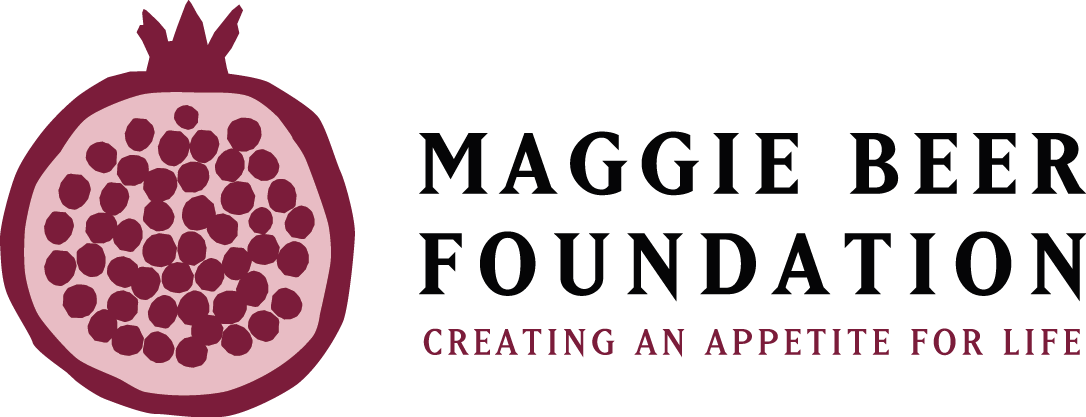Older People Eating at Home
A national project by the Maggie Beer Foundation | Funded by the Wicking Trust
Malnutrition is a silent crisis for many older Australians living at home. Challenges like isolation, declining health, loss of cooking ability and reduced enjoyment in eating all contribute – yet this is not an inevitable part of ageing.
10 to 44 percent of older Australians living at home are malnourished or at risk of malnutrition, and too often, food is treated as fuel rather than a source of pleasure, dignity, and connection. These figures are likely much higher because at home, unless someone is already linked to a dietitian, a carer, a nurse or a caring GP, malnutrition risk can go undetected for years
The Older People Eating at Home project is led by the Maggie Beer Foundation, funded by the Wicking Trust, and runs until April 2027. It takes a fresh, people-first approach – starting not with systems, but with older people themselves.
Through surveys, interviews and participatory research, the project will:
- Gather insights directly from older Australians about food, eating, and decision-making as they age
- Identify practical, scalable and culturally appropriate solutions that support eating well at home
- Develop a framework to evaluate and strengthen existing programs
- Build a roadmap for innovation with aged care providers, policymakers and community partners.
Our goal is to reframe food as a vital tool for reablement, independence and joy – and to build a community of innovation around food as we age.
We want to hear from you
Share your experiences and challenges or provide ideas and input to help reshape how older Australians experience food and eating at home.
For Older People and Families/Carers: Have your say – help shape how we eat as we age. Your stories, challenges, and moments of joy or difficulty matter. By sharing, you help us build a better, more inclusive system.
For Stakeholders: Share insights, offer support, and help drive innovation. Tell us about successful (or less successful) programs, models, or experiences you’ve seen in your community.
Just keen to know more and keep in touch: Fill in form below and you will be the first to know as the Project moves along.


